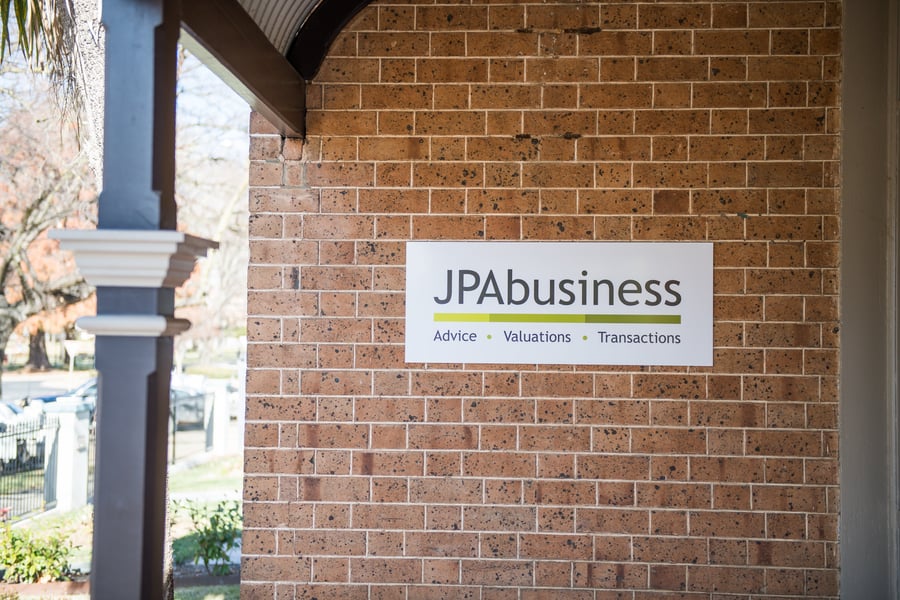
People typically request a valuation of their business in reaction to an event, for example:
- they’ve decided they want to sell or exit, so they want to know how much the business is worth;
- they want to restructure the legal entities in the business and need a valuation for tax and/or statutory purposes;
- there is a relationship breakdown between joint shareholders or spouses and they need to transfer or split the business so one can sell to the other, so they need to know its value;
- they’re seeking finance and the finance company or bank has requested a valuation of the business.
Those are event-orientated valuation requirements and we certainly offer that service on a regular basis.
However, we also advocate using valuation as a proactive management and investment tool and we’ve been very excited to provide this service to more and more business owners over the past 12 months.
When utilising valuation as a management tool, we recommend having a valuation conducted or refreshed every few years.
How do I use valuation as a management tool?
The business owners who are using valuation in this way are generally looking to enhance the long-term value of their businesses.
They want to identify the key value drivers they can influence now – as well as adjust incrementally, over time – to improve performance and return.
They’re saying things like:
“In five years’ time, I would like the option to exit this business. I’m not convinced I will want to exit then, but I want to know that if I did, I would have the potential to receive X dollars in the market.
“Alternatively, if I don’t choose to exit, I want to know I will have a more valuable investment, with better performance and returns, than I do now.”
These clients tend to be people we have worked with in the past, providing due diligence and valuation services as part of business purchase negotiations.
By continuing to work with them, we are able to use the initial valuation as a tool to identify their business’ key value drivers and the ‘levers’ they can adjust to enhance value and operational performance over a 1, 2 or 3-year period.
Some of those levers have included:
- margins
- cost to revenue
- customer service
- employee performance
- productivity
- staff utilisation
- capital investment.
Using the valuation process to identify these levers ties in very neatly with a business budgeting process and actually makes budget projections and tracking to these more relevant and accurate.
If you would like more detail on how a valuation can be used to improve the performance and long-term value of your business, contact the team at JPAbusiness on 02 6360 0360 for a confidential, obligation-free discussion.
 James Price has over 30 years' experience in providing strategic, commercial and financial advice to Australian and international business clients. James' blogs provide business advice for aspiring and current small to mid-sized business owners, operators and managers.
James Price has over 30 years' experience in providing strategic, commercial and financial advice to Australian and international business clients. James' blogs provide business advice for aspiring and current small to mid-sized business owners, operators and managers.

